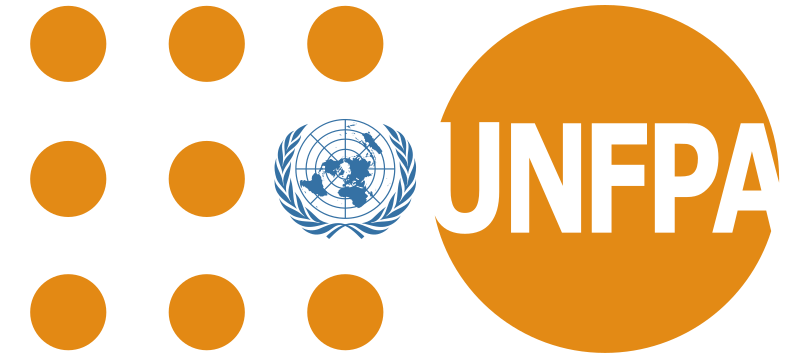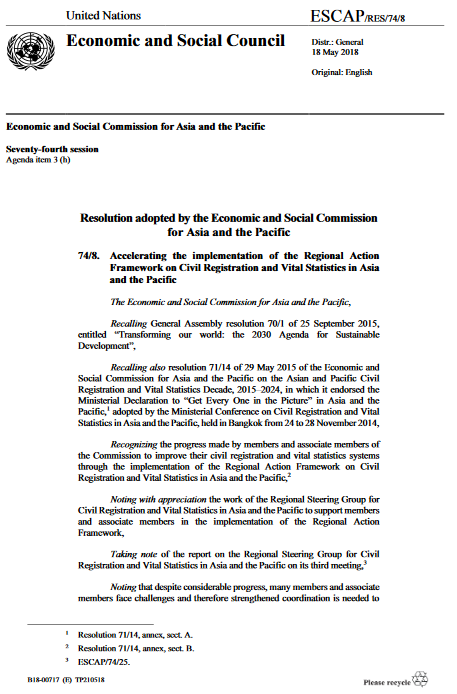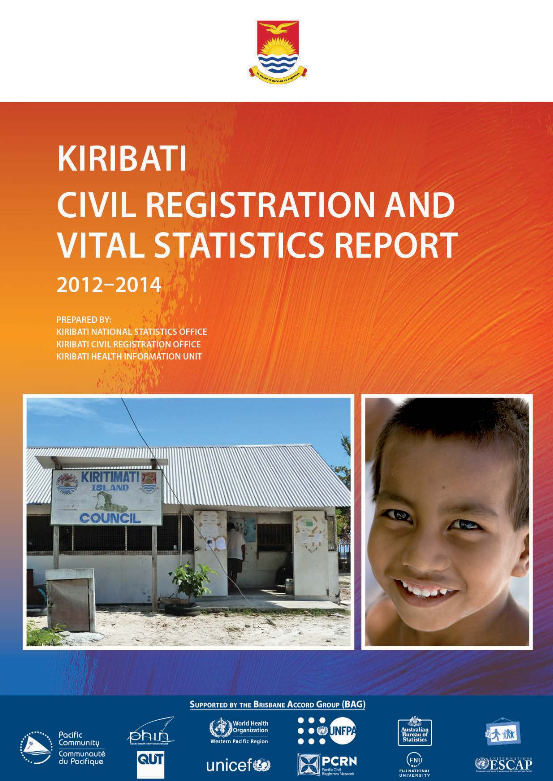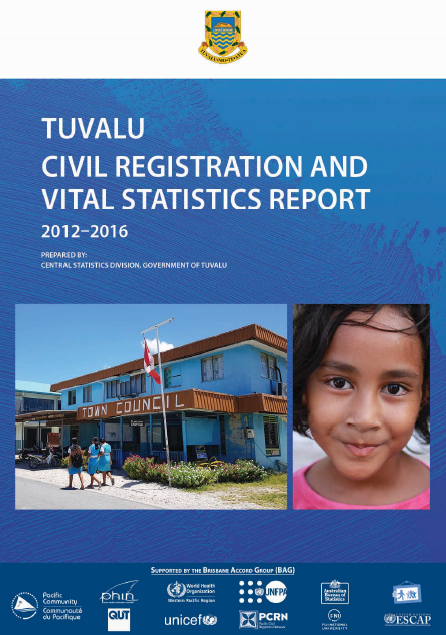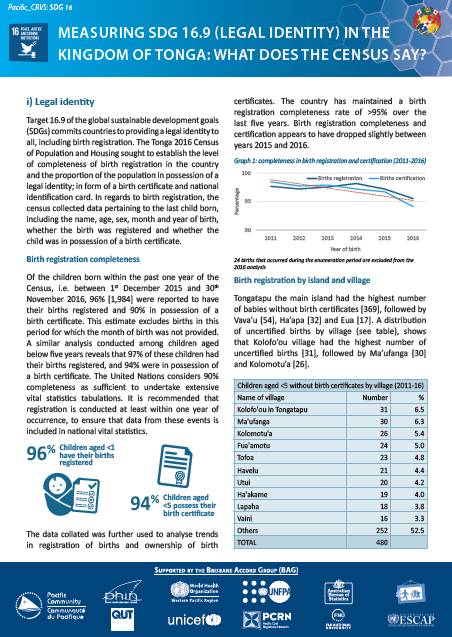The Brisbane Accord Group (BAG) under the leadership of the Pacific Community (SPC), the Economic and Social Commission for Asia and the Pacific (UNESCAP), UNICEF, and the Australian Bureau of Statistics, will be conducting a data analysis and report-writing workshop from 21st-31st May 2018 in Nadi, Fiji.
This course aims to strengthen the capacity of five Pacific countries in the analysis of administrative data generated from civil registration systems. The course also aims at supporting the countries to identify systems weaknesses, and to derive strategies and practical solutions for systems improvement. The overall objective is to improve the quality and availability of evidence on the performance of civil registration systems and to make this data available for policy and planning purposes, where it meets a sufficient level of quality and completeness.
Specifically the course will:
Assist countries to complete a vital statistics report that illustrates the current levels and trends of births, deaths and causes-of-death as recorded by their civil registration systems;
Assist countries to establish the level of completeness of their civil registration systems in regard to registration of live births, deaths and causes of death,
Assist participants to build proficiency in key analytical, interpretational and presentationalskills required to meet regional, national and international reporting requirements;
Assist participants to develop key skills to critically appraise their data collection systems and processes, and to identify key system weaknesses and practical solutions.
Fifteen participants from the Civil Registration, Health and Statistics offices of Fiji, Tonga, Nauru, Niue, Cook Islands will attend the course. This course is one of an ongoing series being conducted for Pacific Island Countries and Territories under the auspices of BAG.
Please refer to http://www.pacific-crvs.org/events for more information.
